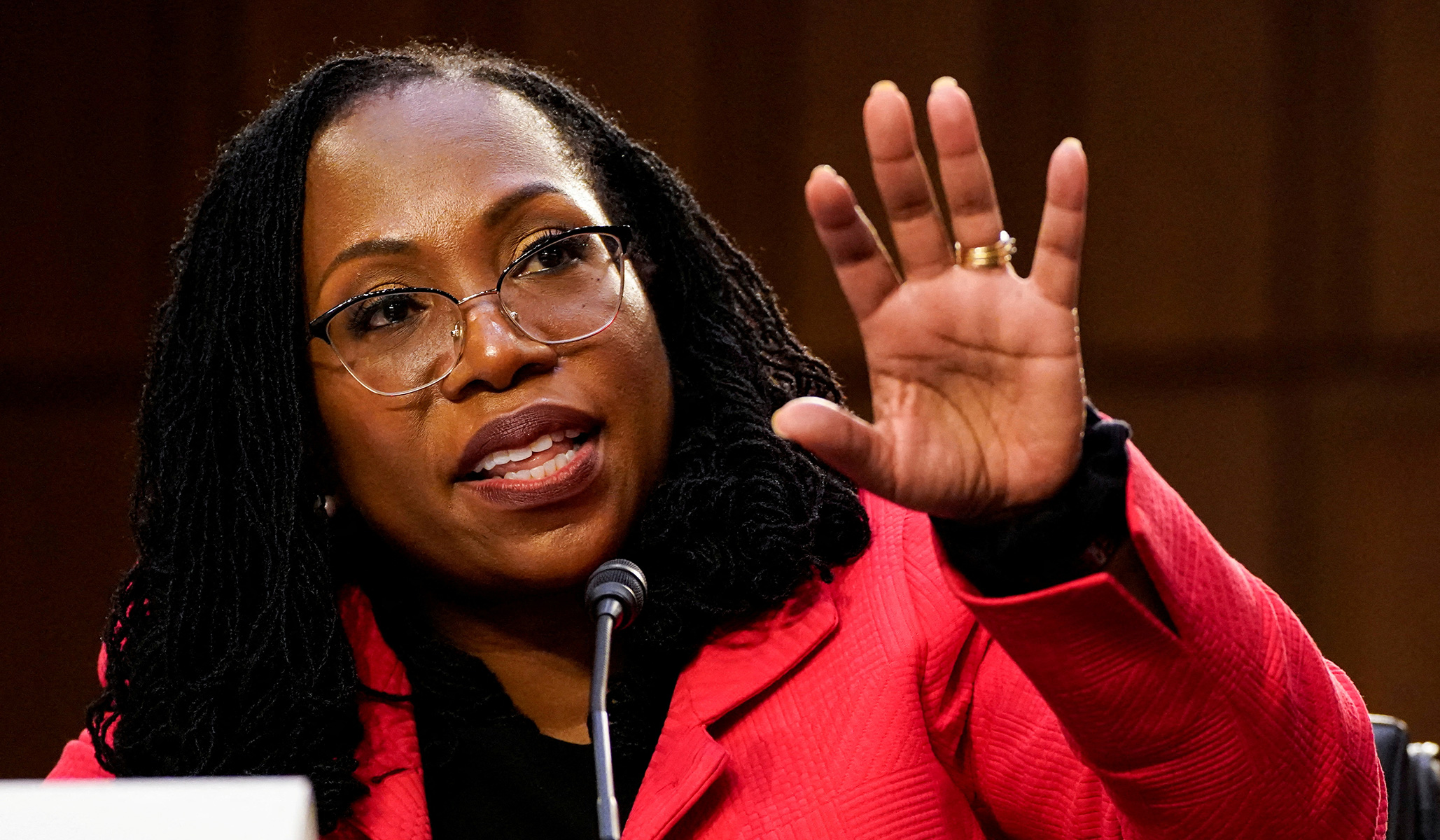


The Supreme Court this morning agreed to hear Loper Bright Enterprises v. Raimondo, a case involving a direct challenge to the Chevron doctrine; the case will be heard next year. The doctrine, which dates to a 1984 decision won by the Environmental Protection Agency, holds that courts should defer to administrative agencies when the agencies interpret the statutes they are charged with enforcing. At the time, this was a conservative cause: When Ronald Reagan came into office and put conservatives in charge of the agencies (including now-justice Neil Gorsuch’s mother, who ran the EPA from 1981 to 1983), liberal judges wanted to lock the administration into liberal policies developed under earlier administrations. Chevron U.S.A. v. Natural Resources Defense Council gave new executive-branch leadership more latitude, but it did so at the expense of the powers both of Congress (which saw more of its authority seized not only by the elected executive but by unelected agency staff) and of the courts (which are supposed to decide how to read statutes). There has been a substantial separation-of-powers critique of Chevron in recent decades; Justice Antonin Scalia, long a defender of Chevron, was rethinking that view in his last years, and Gorsuch has been the loudest critic of the doctrine on the current Court.
Let me offer two quick thoughts.
(1) Loper Bright may not be the end of Chevron but could significantly limit it. The question the Court agreed to hear was “whether the Court should overrule Chevron or at least clarify that statutory silence concerning controversial powers expressly but narrowly granted elsewhere in the statute does not constitute an ambiguity requiring deference to the agency.” (Emphasis added.) Jonathan Adler, who has been making the latter argument since a 2009 law-review article, noted on Twitter that the Court could easily just conclude that Chevron deference doesn’t apply when a statute is silent on the particular subject the agency is trying to regulate. Chief Justice John Roberts wrote a dissent ten years ago in City of Arlington v. FCC taking that view, and citing Adler’s article:
A court should not defer to an agency until the court decides, on its own, that the agency is entitled to deference. Courts defer to an agency’s interpretation of law when and because Congress has conferred on the agency interpretive authority over the question at issue. An agency cannot exercise interpretive authority until it has it; the question whether an agency enjoys that authority must be decided by a court, without deference to the agency. . . . An agency interpretation warrants such deference only if Congress has delegated authority to definitively interpret a particular ambiguity in a particular manner. . . . If a congressional delegation of interpretive authority is to support Chevron deference . . . that delegation must extend to the specific statutory ambiguity at issue. . . . A congressional grant of authority over some portion of a statute does not necessarily mean that Congress granted the agency interpretive authority over all its provisions.
Roberts, of course, typically prefers to resolve cases on less sweeping grounds, so he may well be a vote to narrow Chevron without sinking it entirely, in a way that greatly reduces its role in administrative law.
(2) It is good news for conservatives in this case that Justice Ketanji Brown Jackson is recused from the case, and indeed Justice Jackson is appropriately recused under the Court’s traditional practices. But the particular practice at issue is stupid. Jackson sat on the D.C. Circuit panel that heard Loper Bright, and new justices of all ideological stripes have traditionally interpreted the recusal rules to require them to recuse if they were involved as a judge in the same case before joining the Court. The recusal statute, 28 U.S.C § 455, requires recusal when a judge has “expressed an opinion concerning the merits of the particular case in controversy” or has “personal knowledge of disputed evidentiary facts concerning the proceeding.” In Jackson’s case, neither is true: She didn’t sit as a trial judge hearing testimony in the case, and she didn’t even participate in the lower-court opinion, which was written after she was nominated for the Court and withdrew. But even if she had been involved in the opinion, so what? It makes sense for a trial judge not to sit on an appeal from his or her own rulings, some of which may have been made in the heat of a trial or a long-running case. But litigants have no right to a judge who has no opinions about the law, and it’s a fiction to pretend that veteran appeals judges are blank slates. If a Supreme Court justice has the same view of the law while hearing appeals at two different levels of the appellate judiciary, there’s no reason why the rules or practices should recommend recusal.
